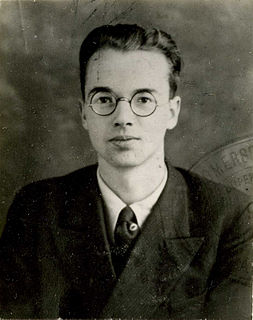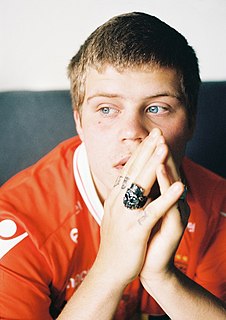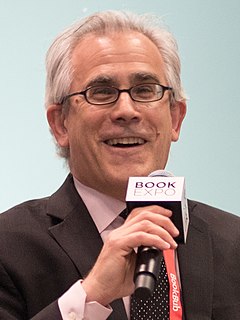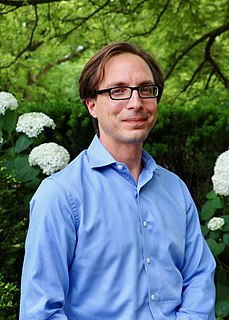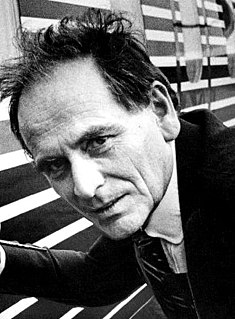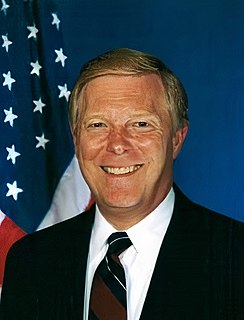A Quote by Klaus Fuchs
In the post war period I began again to have my doubts about Russian policy.
Related Quotes
How can I, that girl standing there, My attention fix On Roman or on Russian Or on Spanish politics? Yet here's a travelled man that knows What he talks about, And there's a politician That has read and thought, And maybe what they say is true Of war and war's alarms, But O that I were young again And held her in my arms!
